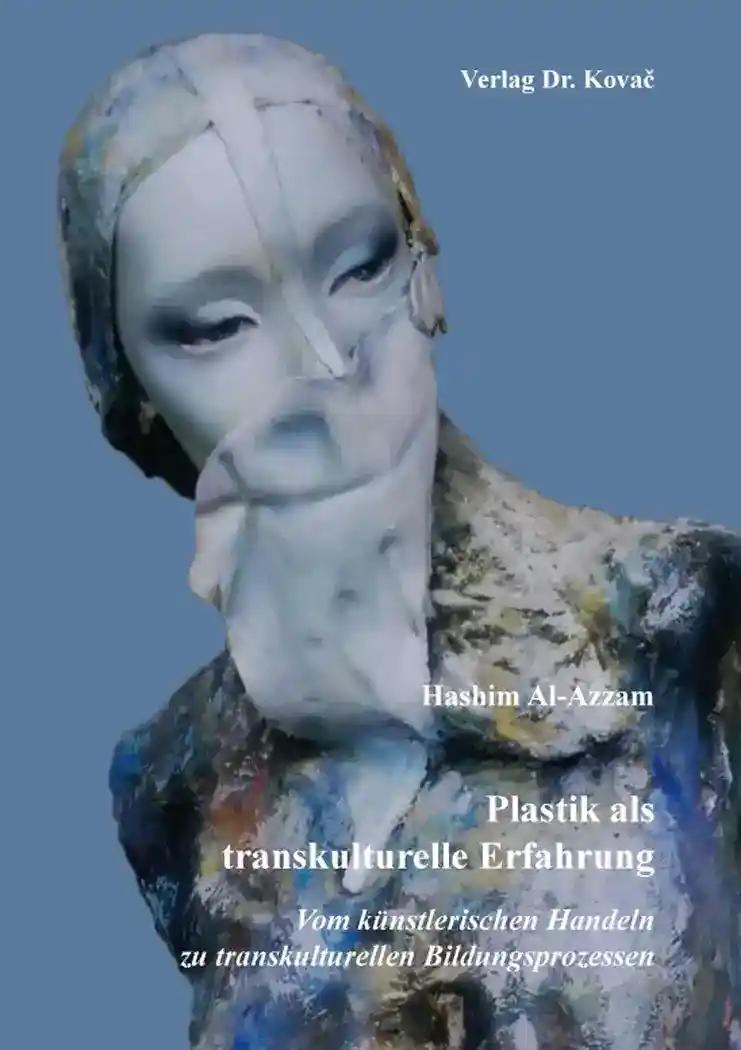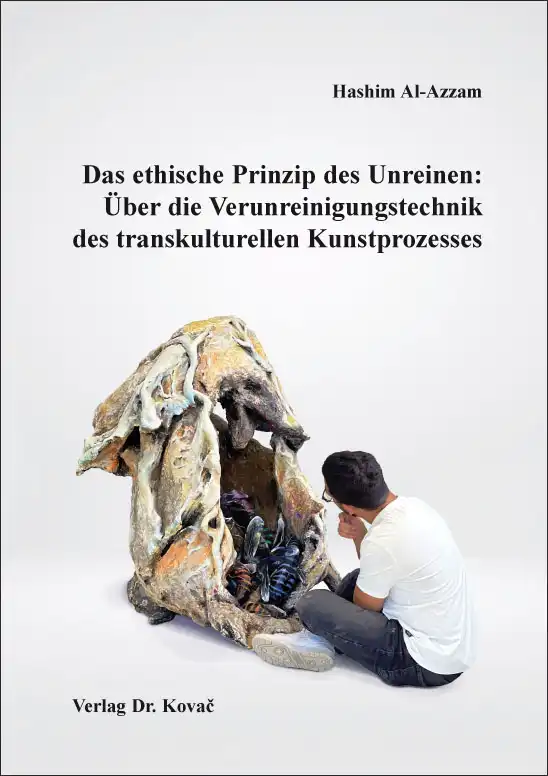Hashim Al-AzzamPlastik als transkulturelle Erfahrung
Vom künstlerischen Handeln zu transkulturellen Bildungsprozessen
Schriften zur Kunstpädagogik und Ästhetischen Erziehung, volume 11
Hamburg 2021, 446 pages
ISBN 978-3-339-12104-2 (print)
ISBN 978-3-339-12105-9 (eBook)
About this book deutschenglish
In today's pluralistic cultures, a transcultural education is very relevant, to be founded in art and developed from it. As an artist and art educator, the author tries to determine his own art educational attitude from the experience between different cultures and his plastic artistic work, which is developed from it. He regards the experience between the East and the West as an ancient dispute, which is based in the different existential (meditative and rational, spiritual and material) attitudes to life of both worlds. This controversy, which in history has already led to advanced civilizations or transcultures, can also be fruitful today, since a transculturation can arise and be achieved. Instead of its hostilities and homogeneities, the world of contrasts is to be seen as an enrichment that is already found in nature and can be reflected from the sculptures and their ambivalent poles. Since antiquity, mutual accusations and conflicts between the “Orient” and the “Occident” have been documented. These conflicts can also be demonstrated in the period of classical modernity, as many artists have concealed and denied their influences from “oriental” artistic products. In the postmodern era, such mutual feelings of fear and threat can still be found, but they can be diagnosed by other phenomena.
The artist and art educator strives for a holistic way of thinking that can be induced by a certain artistic habitus and can be directed towards a transcultural education. Between mimesis and construction, the beauty of nature itself can be imitated. Such imitation can be compared to music, in that the sculptures remain in an unfinished process, and thus a mobile thinking of artistic quality can be evoked in the subject. This can be described as a tension between intuition and rationality, which is the basis for moral judgements or can influence established values. A morality is to be formed insofar as the emotions and the mind are able to complement each other. The author reflects on and conceives these aspects on the basis of his sculptural investigations, in which existential dimensions of art as well as creative East-West relations and antagonisms of an artistic nature can be considered and interpreted.
Kontakt zum Autor
Keywords
AbstraktionenBildungsprozesseIslamische OrnamentikJoseph BeuysKünstlerische ForschungKunstgeschichteKunstpädagogikKunstphilosophieKunst und EthikMalereiMimesis und KonstruktionOrientalismusPlastikTheodor W. AdornoTranskulturelle BildungWassily KandinskyYour book at Dr. Kovač Publishing House
Weitere Bücher des Autors
Hamburg 2025, ISBN 978-3-339-14284-9 (Print) | ISBN 978-3-339-14285-6 (eBook)
Hamburg 2024, ISBN 978-3-339-13924-5 (Print) | ISBN 978-3-339-13925-2 (eBook)


